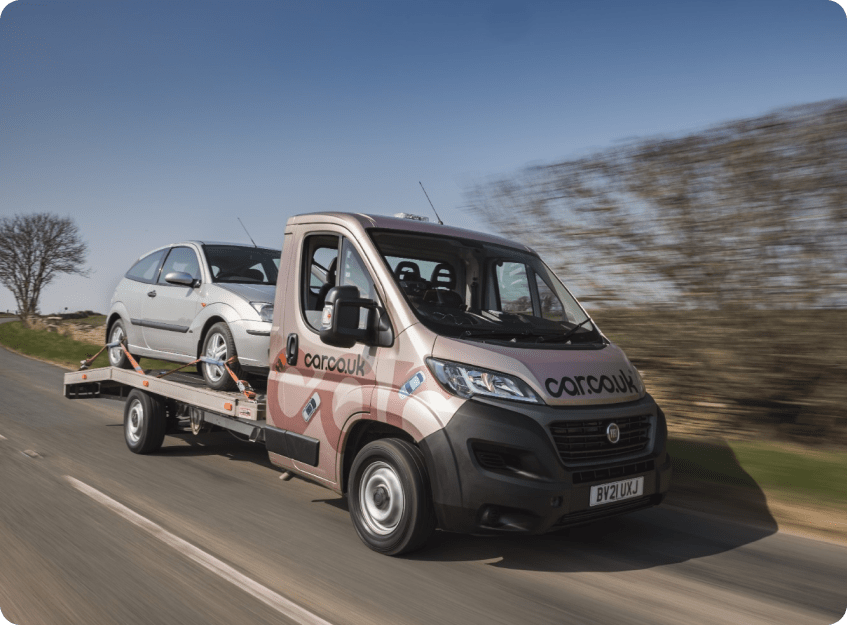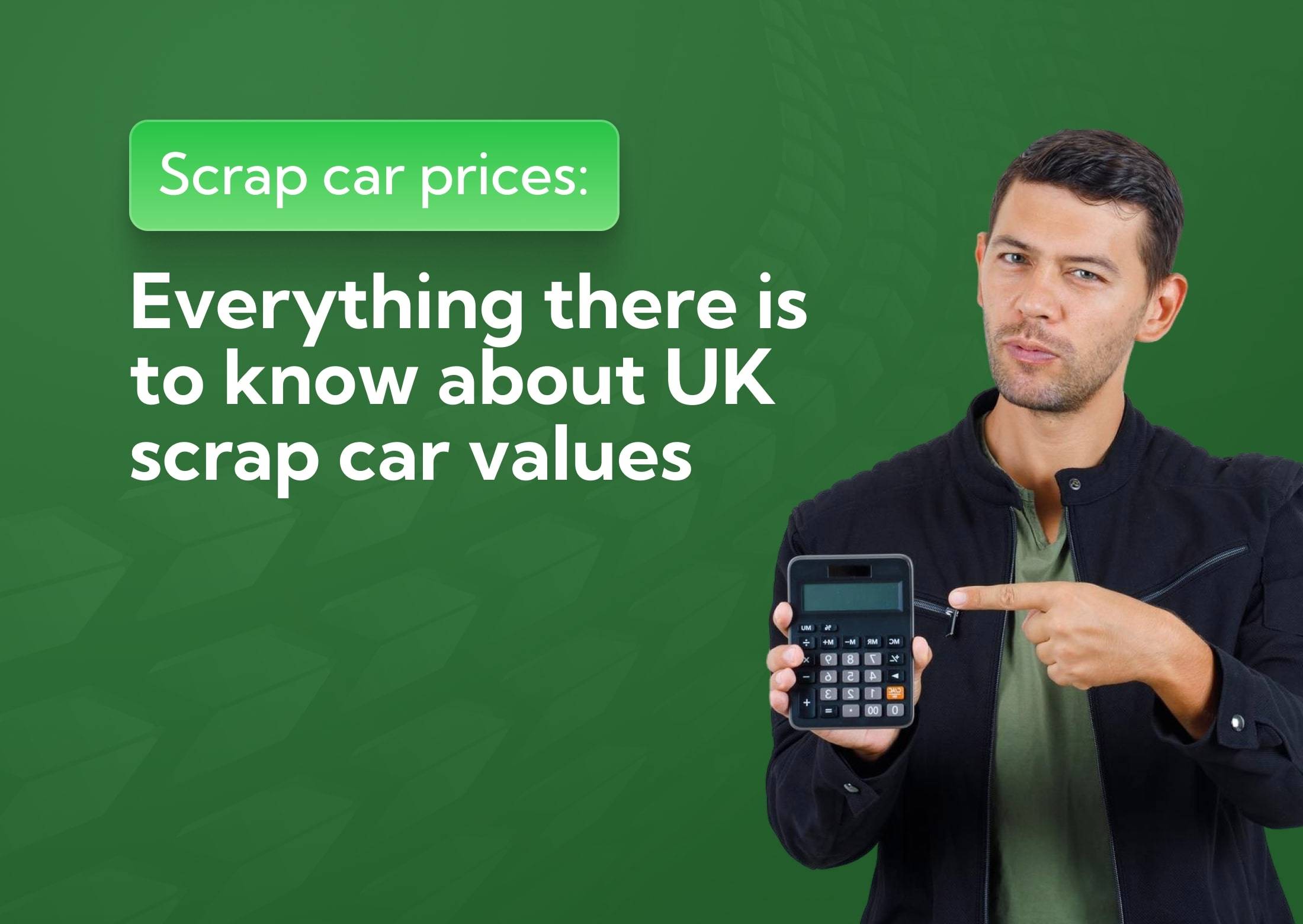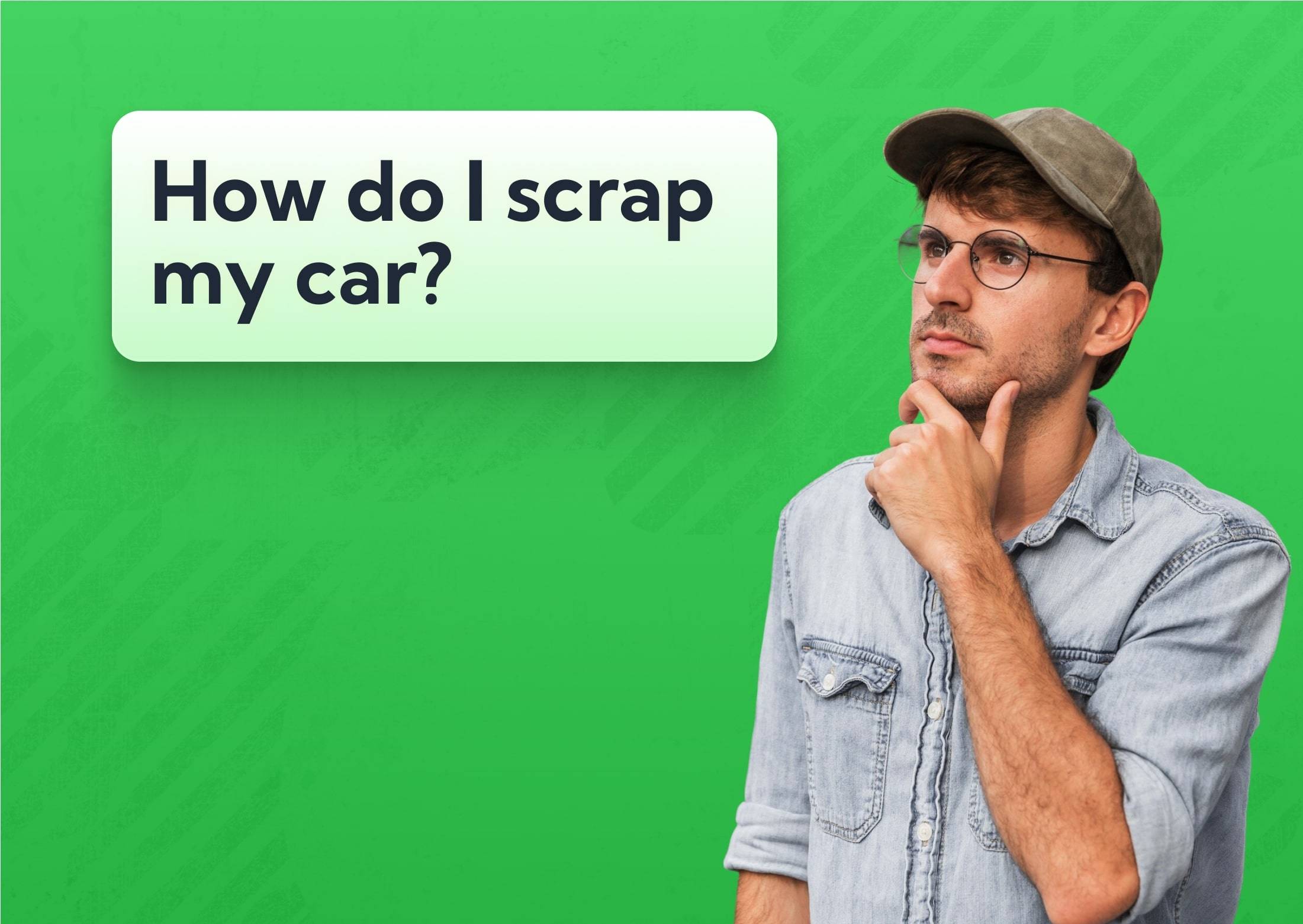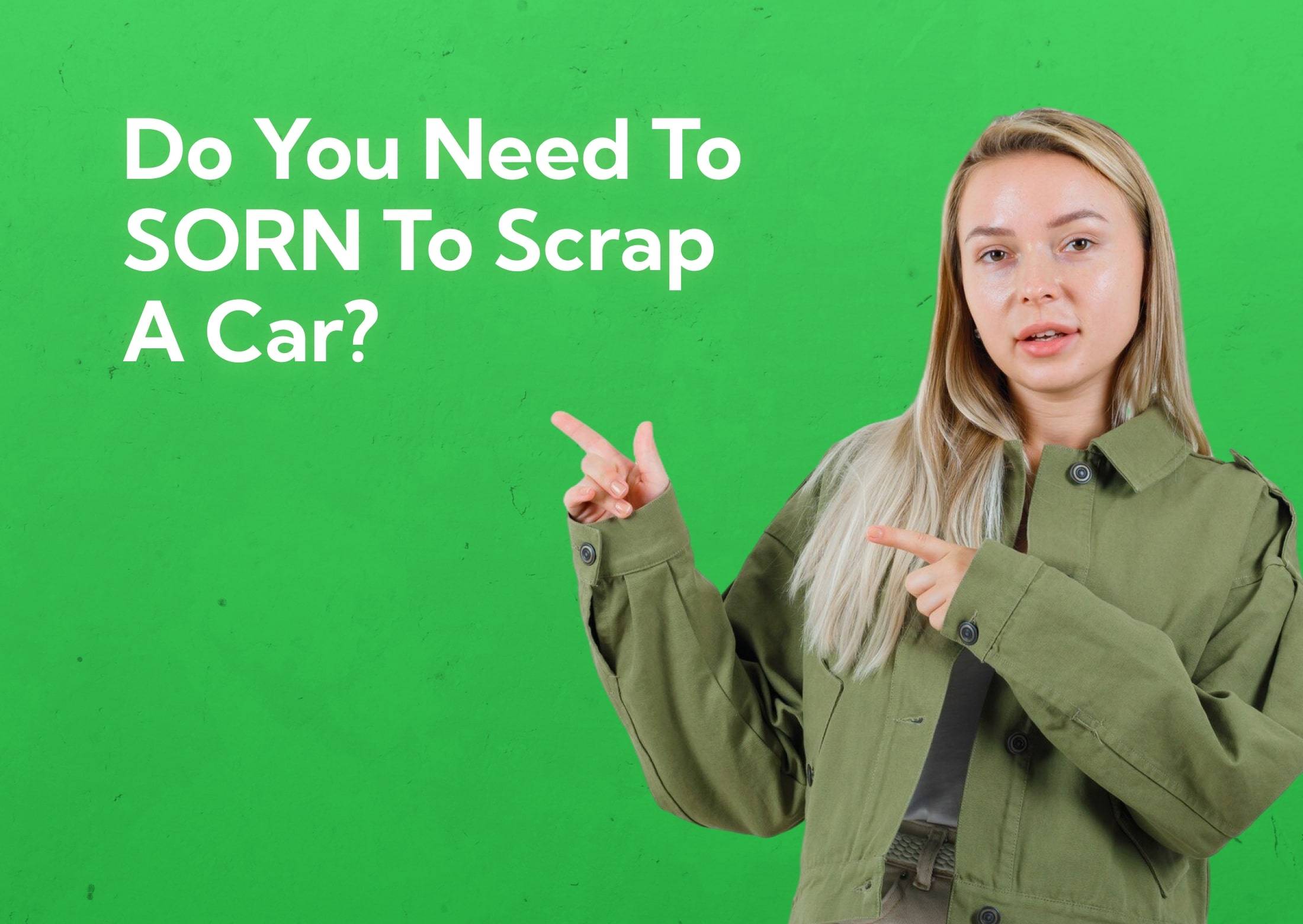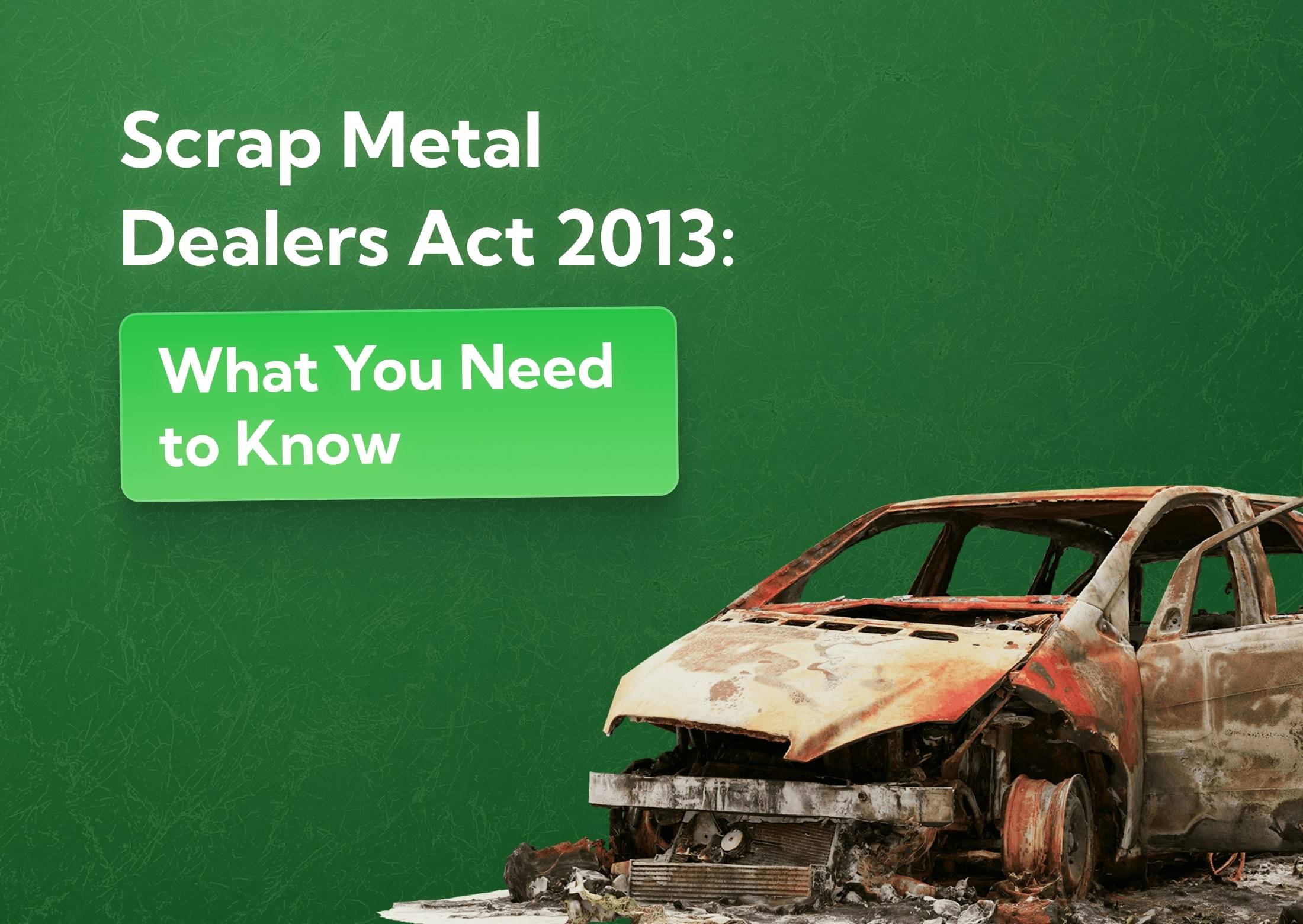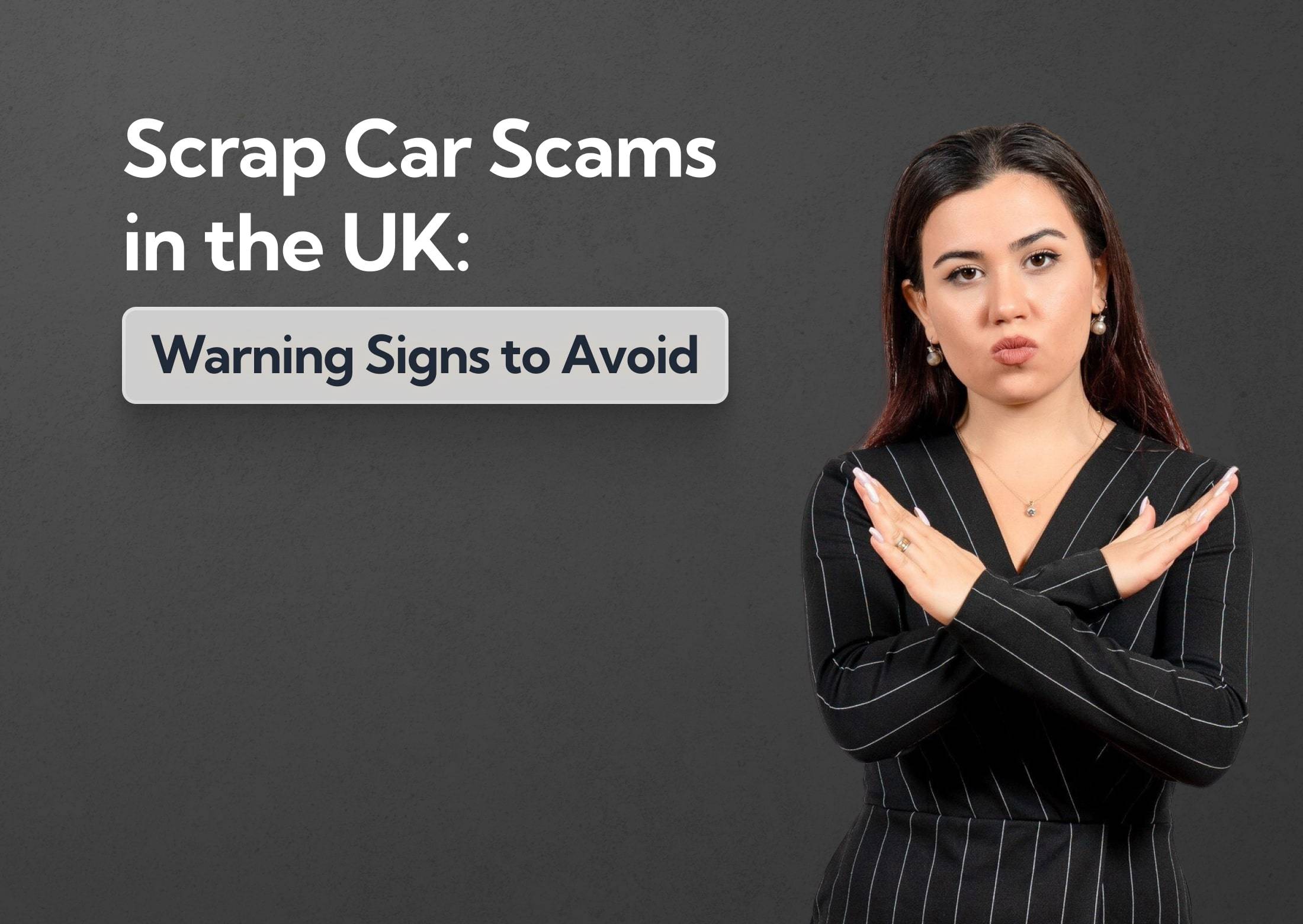Scrap my car with an Unbeatable Price
UK's largest collection network
Immediate payment, no hidden fees
Same day collection available
Featured in
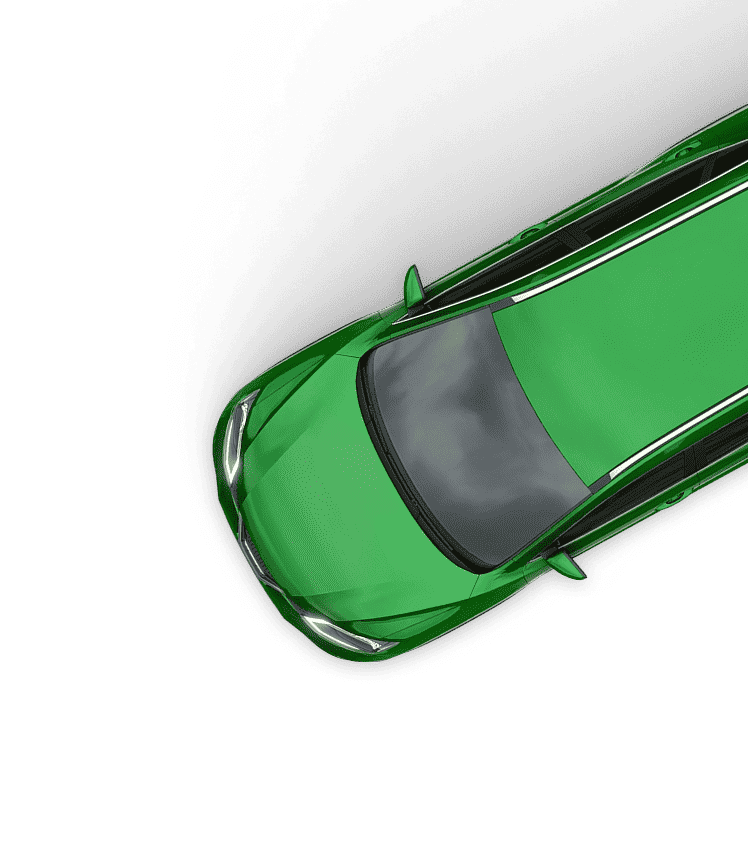
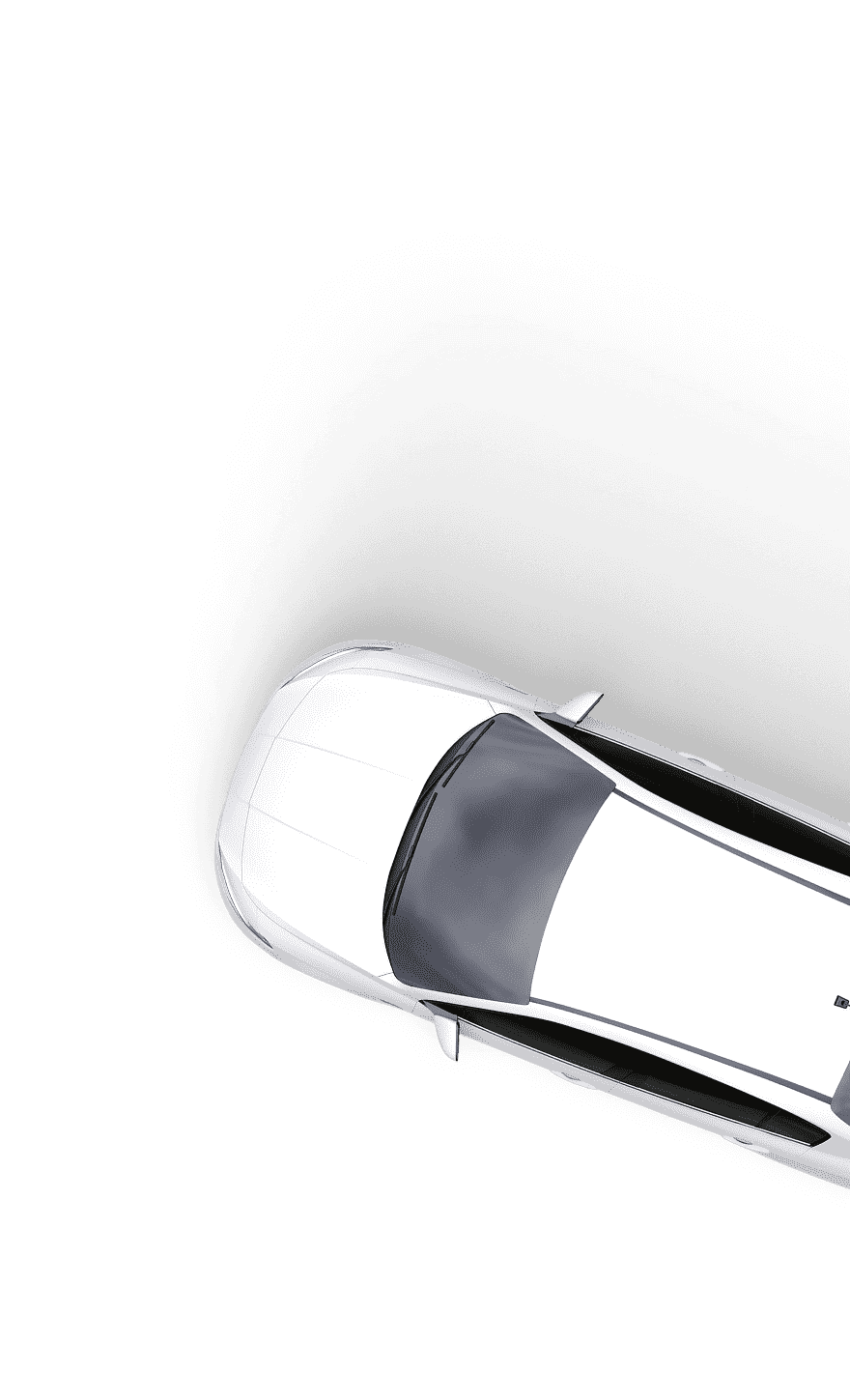
How does the Car.co.uk scrapping process work?
Why choose Car.co.uk to get a scrap car quote and remove my car?
We don’t just provide top prices; we help with every step of scrapping a car.
Scrapping a car is easy! Our UK-wide scrap car network of professional vehicle recyclers and expert automotive breakers means we make it easy to sell your used car for cash by finding the very best deal from our largest scrap car collection network. Get your quote in under 30 seconds.
Scrapping a car is something that most people do very rarely in their lives – that’s why we’ve created a professional scrap car comparison service that provides UK customers with information, support, and guidance when they sell their used car, all the way from quote to scrap car collection.
Our commitment to providing a simple way to sell your scrap vehicle starts with the valuation we provide. Our professional network of scrap dealers and dismantlers is the best in the automotive industry, so we can instantly provide quotes from our price comparison that will not be beaten.
When we’ve found an excellent price for your scrap car, we’ll help you to arrange a free collection, so the location of your vehicle doesn’t matter, and when the car’s ready to collect, we’ll even make sure you’re helped to complete your DVLA paperwork. Fast payment is then made to the customer with money sent directly to your bank. From start to finish, there’s no easier way to deal with an old or accident-damaged vehicle. Recycling your vehicle could not be more convenient.
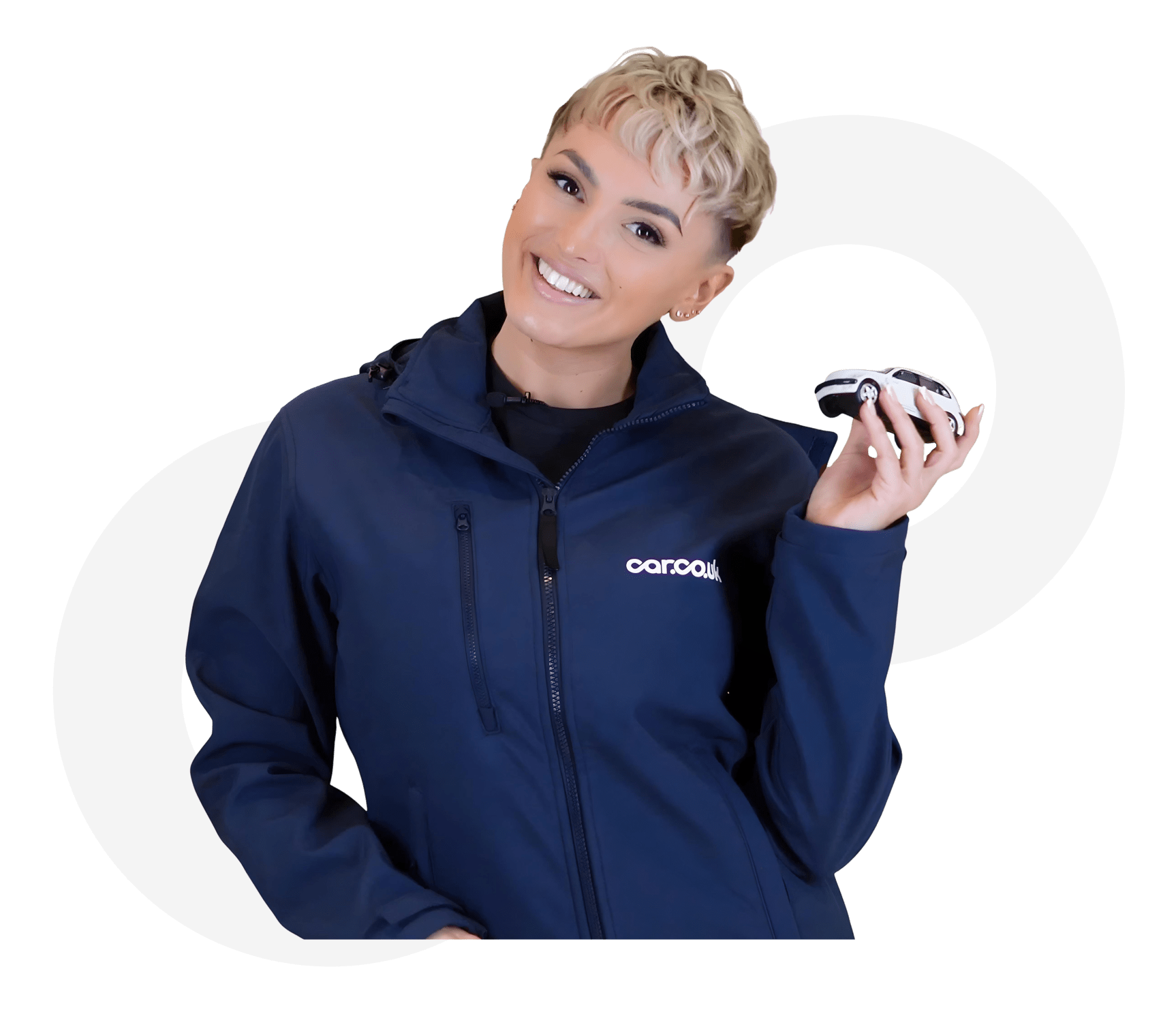
Best price regardless of condition
Flexible collection dates
Instant & secure payment
All paperwork handled
Our customers love us!
Get an instant scrap car online quote
Get an instant cash price for your car with Car.co.uk. Simply enter your car’s registration number and the postcode where the car is located, then click “Get Instant Price” to see your offer immediately.
Our nationwide network of licensed scrap yards and breakers ensures you receive the best possible value for your vehicle, whether it’s running, damaged, or written off. The process is fast, transparent, and completely free, with no hidden fees or obligations.
Once you accept your quote, our fully connected booking, collection, and payment system takes over. Choose a convenient collection date, and a vetted member of our national team will pick up your car, with free next-day or same-day collection anywhere in the UK. You’ll get real-time updates via our driver app, showing when your driver is on the way and the exact time of arrival.
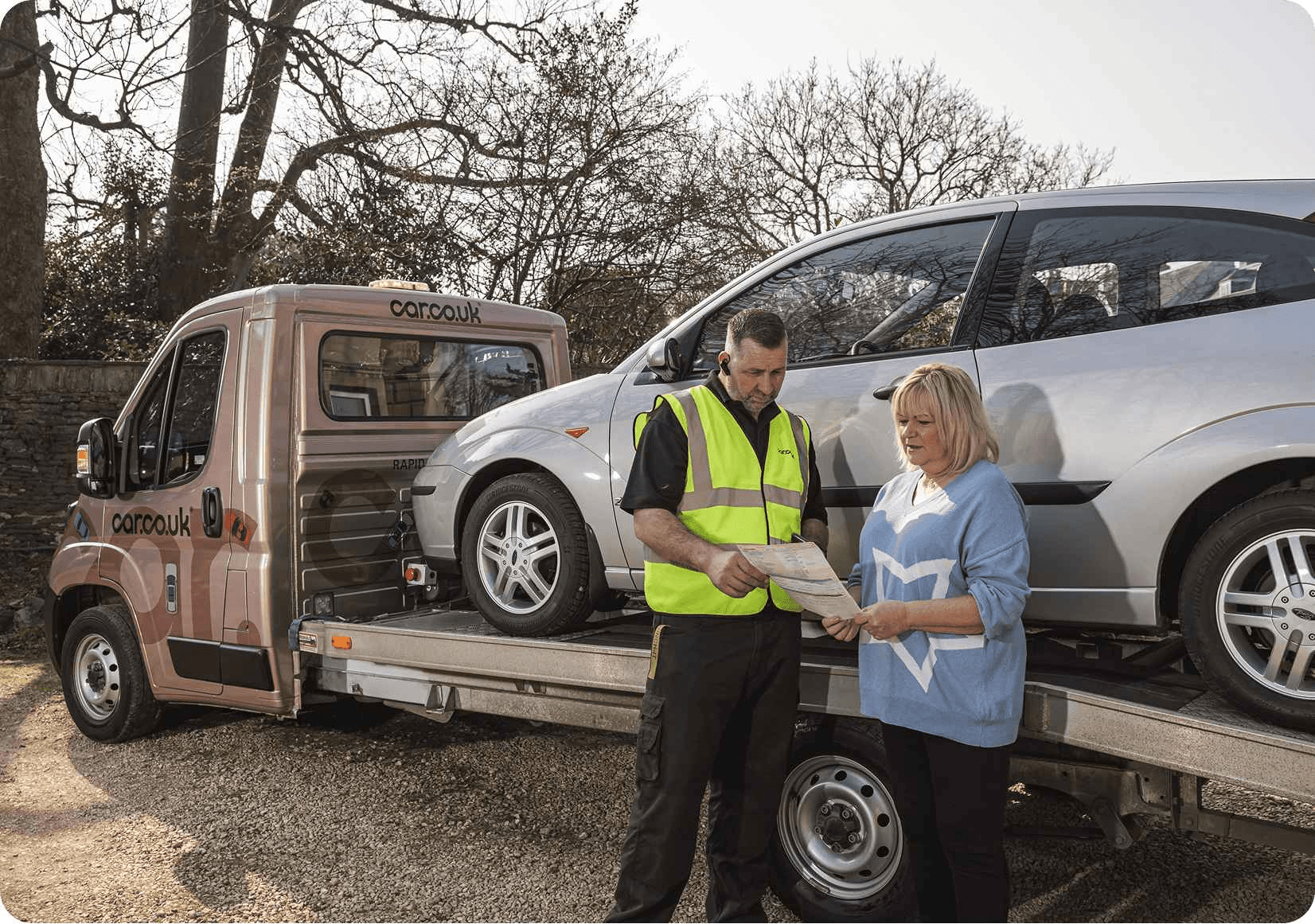
Instant online price
Free national collection
Advanced driver tracking app
Official paperwork sorted
40 years of recycling expertise
Get the best scrap price for your car in 30 seconds


What kind of cars do we scrap?
At Car.co.uk, we accept a wide range of vehicles, including cars that aren’t running, have failed their MOT, or have been seriously damaged in accidents. We scrap insurance write-offs, damaged cars, flood-damaged cars, non-runners, unroadworthy cars, MOT failures, junk and salvage cars, fleet cars, part-exchange cars, and foreign cars not registered in the UK. If you’re unsure whether your car qualifies, just get an instant online quote to determine if it’s worth scrapping.

How can scrapping a car help change people’s lives?
At Car.co.uk, every vehicle we recycle contributes to social value projects across the UK.
Recycling cars and supporting charity might not seem connected, but with us, they are. As founders of the Recycling Lives charity, we ensure that every car scrapped through our comparison network helps fund vital community programmes.
It doesn’t matter whether you’re in London, Birmingham, or Manchester; when you recycle your car via our scrap car network, you can find vehicle recyclers anywhere in the UK. You don’t just get an amazing price, you also get to know that the finances from your car will allow us to contribute to the community. The benefits of these initiatives extend beyond the recipients, helping communities by reducing crime, easing pressure on emergency services, and allowing public funds to be used where they are needed most.
